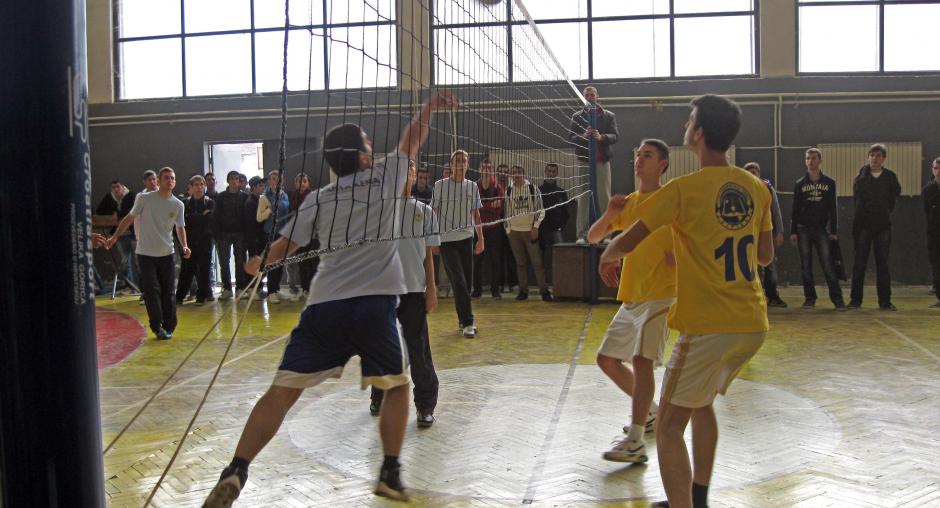Defeating racism and intolerance in (and through) sports
Nearly 50 years after the adoption of the UN’s International Convention on the Elimination of all Forms of Racial Discrimination, racism and other forms of intolerance are far from dead in the OSCE region and beyond. Premised upon social inequalities, they affects all spheres of society and are manifest also in sports, where, sadly, they are often magnified, both in the playing field and among spectators.
We need to continue to be vigilant and raise awareness of the deleterious impact of discrimination and intolerance in sports. Sports can and should be used more effectively to counter stereotypes and negative perceptions of those who are usually the victims of discrimination.
Janez Lenarčič, Director of the OSCE Office for Democratic Institutions and Human Rights
Recently, there has been a series of high-profile cases of expressed racism by sporting personalities. The Greek triple-jumper Parskevi “Voula” Papachristou was expelled from the 2012 Olympic team for posting racist jokes on her Twitter account. Uruguayan footballer Luis Suarez was fined £40,000 for calling the footballer Parice Evra, of French-African descent, “Negrito” during a football match in 2011.
Incidents like these are not only shocking in themselves, but also a worrying indicator of persistent and widespread acceptance of intolerant behaviour in sports at all levels. Racist slurs and jokes in the locker-rooms of amateur sports clubs and schools don’t make the headlines, but the harm they do to the targeted individuals and to social cohesion is considerable.
Our societies are becoming increasingly pluralistic, and people, especially young people, need to be prepared for living in them. There is an urgent need for raising sensitivity in schools and in homes to the fact that racist, ethnic or other forms of intolerance, in sports or elsewhere, are absolutely unacceptable forms of behaviour.
There are groups and individuals in the OSCE region who have risen to this challenge and whose work to fight intolerance in sports deserves to be recognized and emulated. Last April, representatives of 55 NGOs, four international organizations and 44 participating States met in Vienna at a meeting organized by the OSCE Office for Democratic Institutions and Human Rights (ODIHR) to share good practices and, importantly, to consider them in the context of the more general need to promote diversity, integration and equality in the OSCE region.
As announced by its title, Combating Racism, Intolerance and Discrimination in Society through Sport, a major part of the meeting was devoted to exploring ways in which sports, while prone to racist behaviour, can also be an excellent tool for combating the xenophobic attitudes in society that are at the root of it. Millions in the OSCE region are engaged in sporting activities, both as spectators and participants, at the amateur and professional levels. These activities can be an important vehicle for promoting mutual understanding and tolerance.
Several examples were showcased at the OSCE meeting. The Open Fun Football summer schools have since 1998 brought together more than 250,000 children from South-Eastern Europe and the Middle East in a safe environment to learn to appreciate their differences and discover similarities. The Policy Centre for Roma and Minorities in Bucharest uses football and other sports to empower ghetto children to build self-esteem and strive for a better life.
Despite such encouraging initiatives, serious challenges remain. We need to tackle them boldly and with courage, commitment and innovation. The potential of sports for spreading the values of tolerance and inclusiveness must be seized and used wisely.

